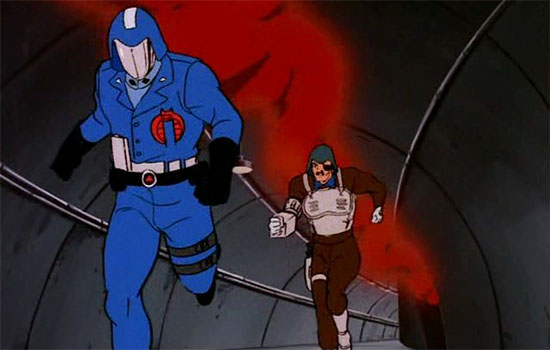Mustrum_Ridcully
Legend
Kinda, but I think it's really a warning aimed at game designers. Don't design your game so that the best strategies to play are unfun. You can't expect players to deliberately pick weak strategies.So this is sort of true, but the phrasing puts the blame on the players whereas I don't think it is their fault.



